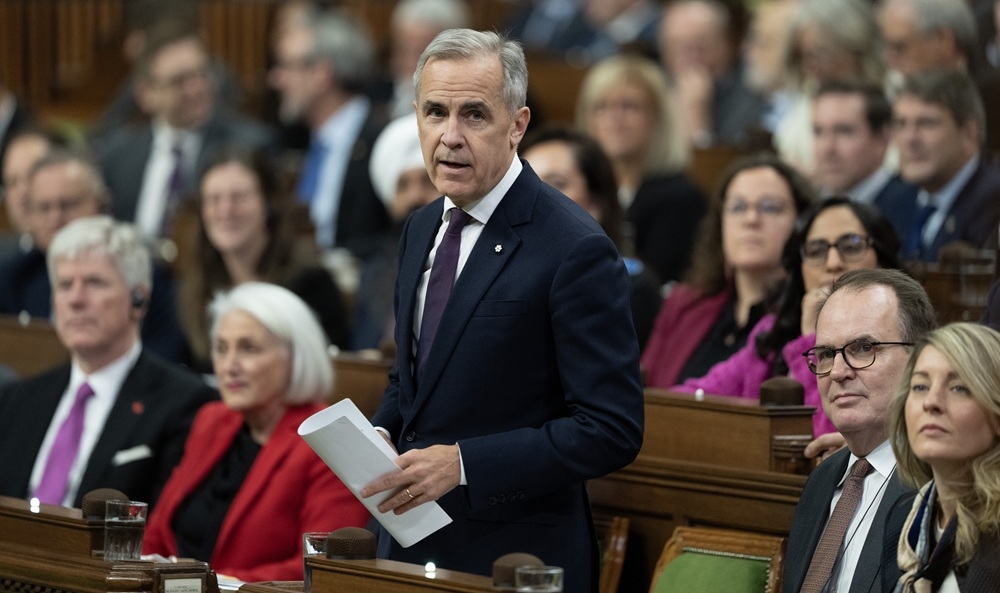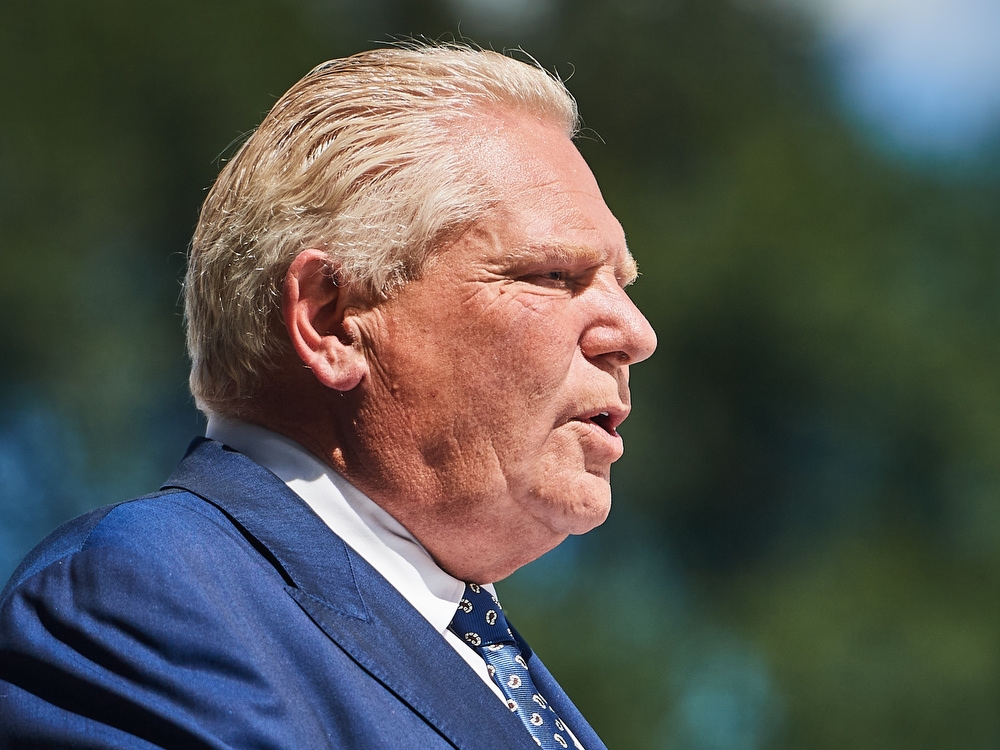A storm of controversy erupted as Donald Trump addressed persistent questions surrounding his connection to the late Jeffrey Epstein. During a recent Q&A, the former President vehemently dismissed the inquiries as a calculated distraction, a “hoax” orchestrated by Democrats.
When pressed about potentially signing an order to release the Epstein files if Congress demanded it, Trump’s response was surprisingly swift: “Sure I would.” However, he immediately qualified the statement, expressing a desire to minimize the issue’s prominence. He argued that dwelling on the matter would detract from the accomplishments of the Republican Party.
Trump leveled a striking accusation, claiming the Epstein scandal was fundamentally “a Democrat problem.” He asserted that Democrats were, in his words, “Epstein’s friends – all of them,” painting a picture of a politically motivated attack designed to undermine his legacy.

The situation took a dramatic turn with the surfacing of an email from Epstein’s brother, containing a cryptic reference to photos of Trump and a nickname linked to Bill Clinton. This sparked intense speculation and fueled the demand for transparency regarding the full extent of the Epstein network.
This stance represents a significant shift for Trump, who previously resisted calls for complete disclosure of the files. He now publicly states he “doesn’t care” how many pages are released, framing the issue as one he’s willing to move past.
In a series of posts on his social media platform, Trump doubled down on his accusations, urging House Republicans to vote for release, claiming they “have nothing to hide.” He characterized the push for the files as a desperate attempt to deflect from Republican successes.

He drew a parallel to the release of files related to the assassinations of John F. Kennedy and Martin Luther King Jr., suggesting that even complete disclosure wouldn’t satisfy critics. “No matter what we give, it’s not enough,” he stated, echoing a sense of relentless scrutiny.
The debate isn’t happening in a vacuum. Democrats and a growing number of Republicans are actively pushing for the release of the Epstein files, believing they hold crucial information. Supporters suggest they may have enough votes to pass legislation forcing the Justice Department’s hand.
The proposed legislation would mandate the release of all files and communications related to Epstein, including details surrounding his death in prison. While redactions would be permitted to protect victims and ongoing investigations, the core demand is for full transparency.

Trump’s long-standing relationship with Epstein, dating back decades, is well-documented. The two men frequently traveled together, socialized at Mar-a-Lago, and shared a mutual appreciation for a lavish lifestyle. Trump himself once described Epstein as a “terrific guy” who enjoyed a vibrant social life.
However, their relationship reportedly soured in 2004 over a property dispute in Palm Beach. Subsequently, allegations emerged, including emails suggesting Trump was aware of Epstein’s activities involving underage girls. The White House has vehemently denied these claims, accusing Democrats of selective leaks intended to damage the former President’s reputation.
The core of the controversy lies in the unanswered questions surrounding the extent of Trump’s knowledge and involvement with Epstein’s network. As the push for transparency intensifies, the release of the Epstein files promises to reveal a complex and potentially damaging narrative.







